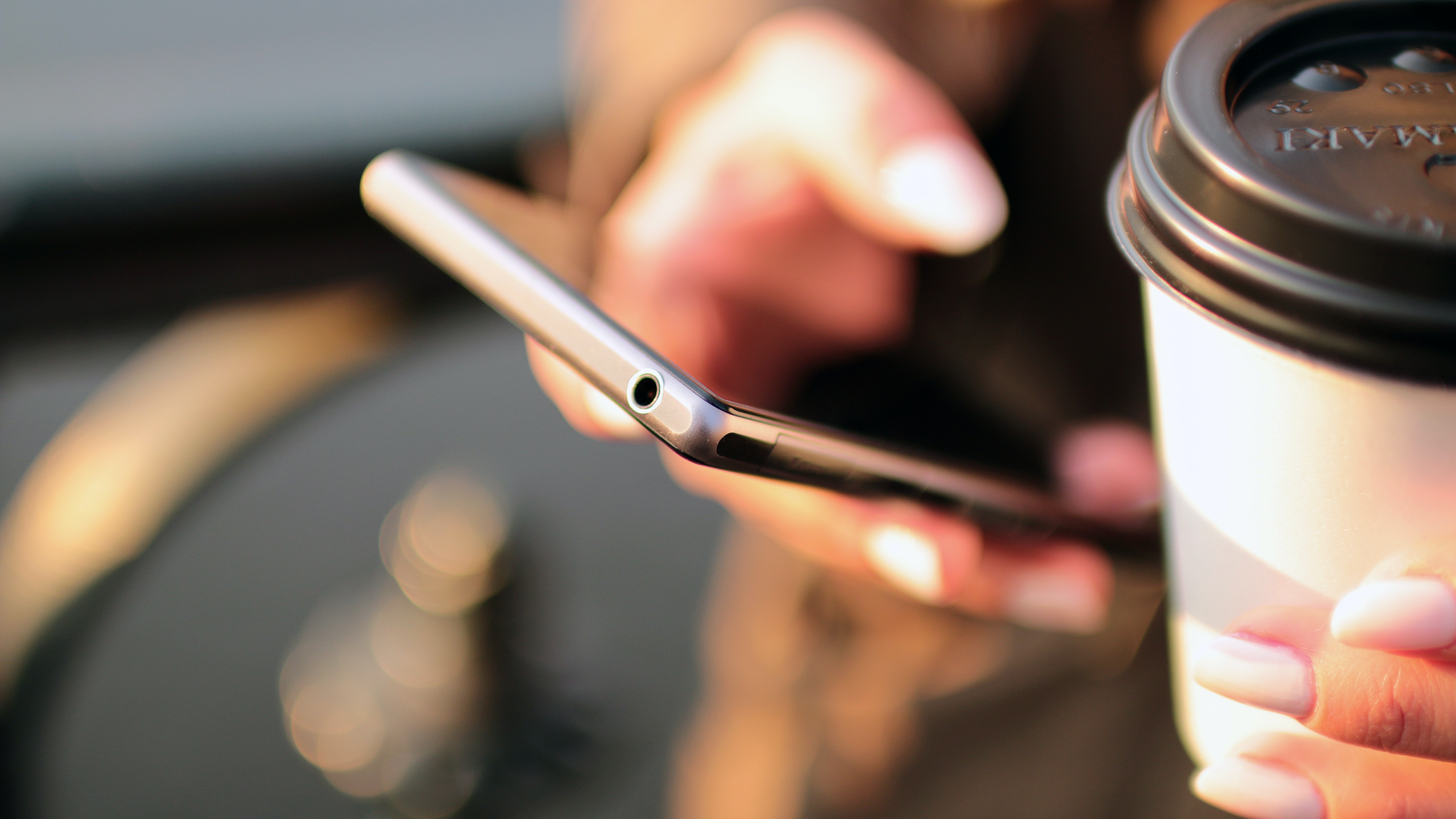
Sign up for breaking news, reviews, opinion, top tech deals, and more.
You are now subscribed
Your newsletter sign-up was successful
Mobile payment transactions skyrocketed as a direct result of lockdowns during the coronavirus pandemic, according to the new annual report from GSMA.
The body that represents the interests of mobile operators worldwide reveals the findings in its 'State of the Industry Report on Mobile Money', with mobile payment providers feeling the squeeze despite the surge in use.
It shows that the number of registered mobile payment accounts grew by 13% globally during 2020, reaching a figure of more than 1.2 billion, which is twice that predicted. Growth was most rapid in countries where governments were more proactive with their pandemic relief measures.
- Take a look at the best accounting software
- The best tax software around today
- Check out the best POS systems
The report also reveals that the value of government-to-person payments quadrupled during the pandemic, with the mobile industry collaborating with administrations and NGOs to help distribute vital rescue packages that included social protection and humanitarian payments. However, despite the report showcasing the good, it also reveals there were negative aspects to the response.
Mobile payments
"We see that mobile money is a powerful tool for expanding the financial inclusion of women in low- and middle-income countries," said John Giusti, the GSMA's Chief Regulatory Officer.
"This year's report, however, found that across markets women are still 33 per cent less likely than men to have a mobile money account. The GSMA and its members are committed to closing this gender gap by addressing the barriers that prevent women from accessing and using mobile financial services.”
One of the core areas where mobile money saw most use was by individuals moving money to support family and friends back home. Globally, more than $1 billion was sent and received every month during the height of the pandemic. Despite many losing their jobs or facing cuts in income, the total value of mobile transactions increased by 65%, making a total for 2020 of $12.7 billion.
Sign up to the TechRadar Pro newsletter to get all the top news, opinion, features and guidance your business needs to succeed!
GSMA’s research highlights the need for faster regulatory changes however, in order to provide greater digitalization in the future. While transaction limits were increased in many markets to help channel funds through mobile money services more efficiently, the report indicates that this has had a negative effect on mobile money providers due to the implementation and extension of fee waivers.
Despite the fact that over 50% of mobile money agents were continuously active throughout the pandemic the report underlines that mobile money providers rely on transaction costs to sustain their businesses. Regulators are therefore being encouraged to work with the mobile industry to ensure there are more robust and sustainable plans in place moving forwards, post COVID-19.
- We've also highlighted the best mobile credit card processors
Rob Clymo has been a tech journalist for more years than he can actually remember, having started out in the wacky world of print magazines before discovering the power of the internet. Since he's been all-digital he has run the Innovation channel during a few years at Microsoft as well as turning out regular news, reviews, features and other content for the likes of TechRadar, TechRadar Pro, Tom's Guide, Fit&Well, Gizmodo, Shortlist, Automotive Interiors World, Automotive Testing Technology International, Future of Transportation and Electric & Hybrid Vehicle Technology International. In the rare moments he's not working he's usually out and about on one of numerous e-bikes in his collection.
